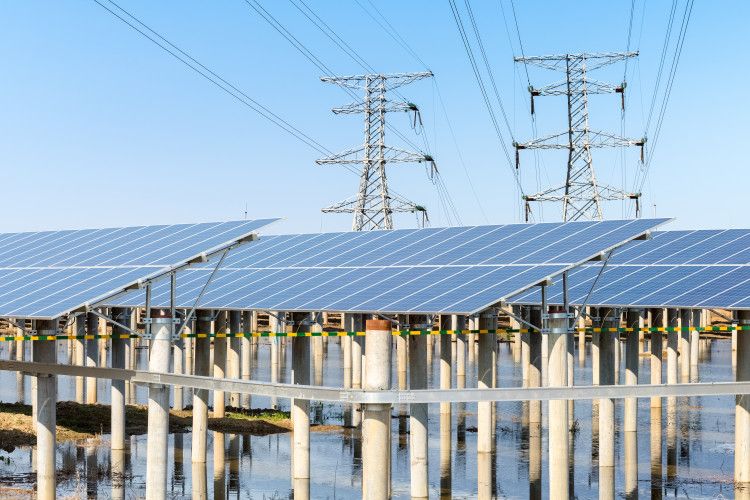

As more and more homeowners switch to renewable energy sources, residential solar solutions have become increasingly popular. However, one of the biggest challenges of using solar energy is that it is intermittent, meaning that it is not available 24/7. This is where hybrid energy storage systems come in. In this article, we will explore what hybrid energy storage systems are and how they are transforming residential solar solutions.
What Are Hybrid Energy Storage Systems?
Hybrid energy storage systems are a combination of different energy storage technologies. They are designed to store excess energy generated by solar panels during the day and use it when the sun goes down. The most common types of energy storage technologies used in hybrid systems are batteries and capacitors.
Batteries are the most widely used energy storage technology in hybrid systems. They store energy in chemical form and convert it back to electrical energy when needed. Batteries can be made from various materials such as lithium-ion, lead-acid, or flow batteries.
Capacitors, on the other hand, store energy in an electric field and can release it almost instantaneously. They are particularly useful for short-term energy storage, such as in a hybrid system.
Why Are Hybrid Energy Storage Systems Important for Residential Solar Solutions?
One of the biggest challenges of using solar energy is that it is intermittent. Solar panels generate electricity only during daylight hours, and this energy needs to be stored for use during the night or on cloudy days. Hybrid energy storage systems can store excess energy generated by solar panels during the day and use it when needed, making solar energy available 24/7.
In addition, hybrid energy storage systems can also help reduce the cost of electricity bills. By storing excess energy generated by solar panels during the day, homeowners can use this energy during peak hours when electricity rates are highest, thereby reducing their overall electricity bills.
Types of Hybrid Energy Storage Systems
There are different types of hybrid energy storage systems, each with its own advantages and disadvantages.
Battery-Based Hybrid Energy Storage Systems
Battery-based hybrid energy storage systems are the most common type of hybrid system. They are easy to install and maintain and can store a large amount of energy. However, they can be expensive, and the batteries need to be replaced periodically.
Capacitor-Based Hybrid Energy Storage Systems
Capacitor-based hybrid energy storage systems are less common than battery-based systems, but they have some advantages. They can store energy almost instantaneously and can release it quickly, making them ideal for short-term energy storage. However, they have limited storage capacity and are not suitable for long-term energy storage.
Flow Battery-Based Hybrid Energy Storage Systems
Flow battery-based hybrid energy storage systems are a relatively new technology that combines the advantages of batteries and capacitors. They can store a large amount of energy and can release it quickly. They also have a longer lifespan than traditional batteries and require less maintenance. However, they are expensive and have a lower energy density than other types of batteries.
Thermal Energy Storage-Based Hybrid Energy Storage Systems
Thermal energy storage-based hybrid energy storage systems store energy as heat. They can be used in conjunction with solar thermal systems to store excess heat during the day and release it when needed. They are particularly useful in colder climates where heating is a major energy expense. However, they have limited storage capacity and can be expensive to install.
Conclusion
Hybrid energy storage systems are transforming residential solar solutions. They make solar energy available 24/7 and help reduce electricity bills. There are different types of hybrid energy storage systems, each with its own advantages and disadvantages. Battery-based systems are the most common, but other types such as capacitor-based, flow battery-based, and thermal energy storage-based systems are also available. As the demand for renewable


